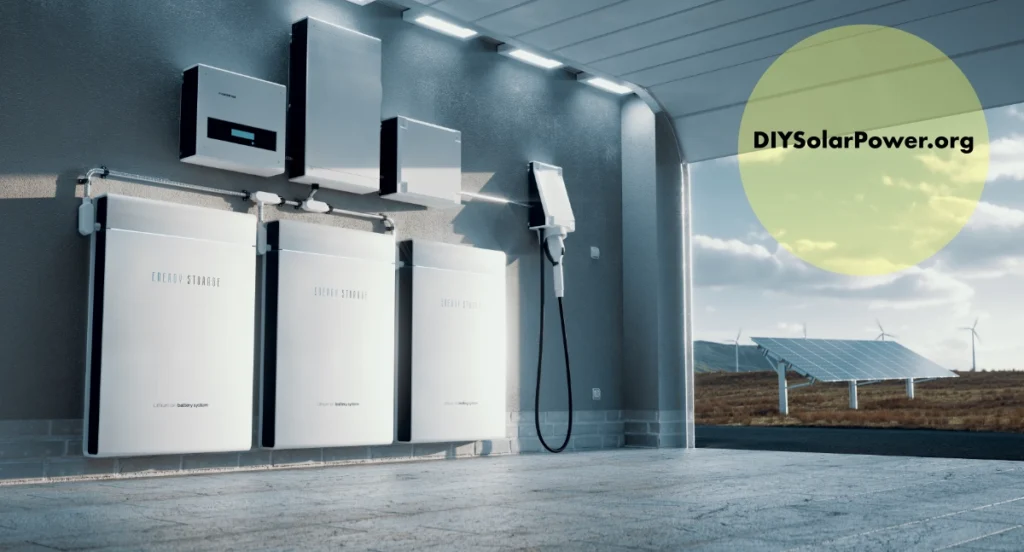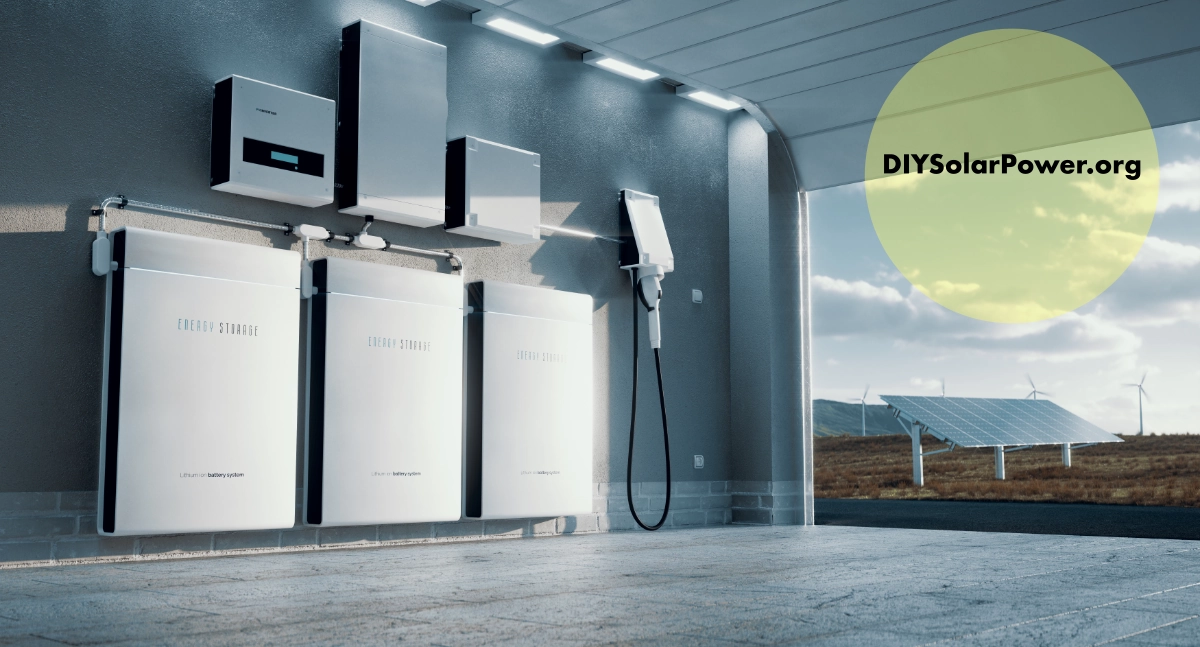Solar energy storage isn’t just a tech buzzword; it’s a revolutionary way to harness the sun’s power long after it sets. Imagine capturing those golden rays during the day and tapping into that stored sunshine at night. In this guide, we’ll dive deep into the world of solar energy storage, shining a light on how it works, its benefits, and the bright future ahead.

Why Solar Energy Storage is Important
Solar energy, abundant and renewable, faces one main challenge: the sun doesn’t shine all the time. This is where solar energy storage comes in, ensuring that the clean energy generated during sunny periods doesn’t go to waste, providing power even when it’s dark or cloudy.
Types of Solar Energy Storage
Batteries
Batteries, especially lithium-ion, are the superstars of solar storage, allowing us to store electrical energy chemically and use it on demand.
Thermal Storage
Thermal storage captures solar energy as heat, which can be used to warm homes or even generate electricity when needed.
Mechanical Systems
From pumped hydro storage to flywheels, these systems store solar energy in forms other than electricity, showcasing the versatility of storage solutions.
How Solar Energy Storage Works
Capturing Solar Energy
Solar panels do the initial heavy lifting, converting sunlight into electricity. This energy can then be directed into various storage systems depending on the technology used.
Storing the Energy
Whether it’s in batteries, as heat, or through mechanical means, the captured energy is stored until it’s needed, which might be during the night or on cloudy days.
Utilizing Stored Energy
When the stored energy is needed, it’s converted back into electricity (if it wasn’t stored as such) and then supplied to the grid or directly to homes and businesses.
The Benefits of Solar Energy Storage
Reliability and Energy Security
Storage systems ensure a constant energy supply, making solar power more reliable and reducing dependence on fossil fuels.
Environmental Impact
By maximizing the use of solar energy, storage systems help reduce greenhouse gas emissions, contributing to a healthier planet.
Economic Advantages
Solar storage can lower energy costs in the long run, thanks to reduced electricity bills and less need for energy imports.
Challenges in Solar Energy Storage
Cost
The initial investment in solar storage can be high, although prices are dropping as technology advances.
Efficiency Losses
Some energy is inevitably lost during the storage and conversion processes, affecting overall efficiency.
Materials and Sustainability
The production and disposal of storage systems, like batteries, raise concerns about resource use and environmental impact.
Future of Solar Energy Storage
Technological Advancements
Innovations in battery technology and alternative storage methods promise to make solar storage more efficient and accessible.
Policy and Market Trends
Government policies and market forces are increasingly supportive of renewable energy storage, driving growth and adoption. Businesses are leading the charge of implementing renewable energy solutions.
How to Get Started with Solar Energy Storage
Considering solar storage? Start by evaluating your energy needs, researching local incentives, and consulting with solar energy professionals to find the best solution for your situation.
Solar energy storage is more than just a technological marvel; it’s a key piece of the puzzle in our transition to a sustainable future. By understanding and investing in these storage solutions, we can make the most of our solar resources and move closer to a cleaner, more reliable energy system.
FAQs
Batteries, particularly lithium-ion, are the most common due to their efficiency and capacity for storing electrical energy.
Yes, stored energy can be used to power homes at night or during periods when solar panels are not generating electricity.
The duration varies depending on the storage system, but some battery systems can store energy for several hours to multiple days.
Yes, it promotes the use of renewable energy and reduces reliance on fossil fuels, though the environmental impact of manufacturing and disposing of storage components is a consideration.
Assess your energy usage, consider your budget, and consult with professionals to explore the options and incentives available in your area.



